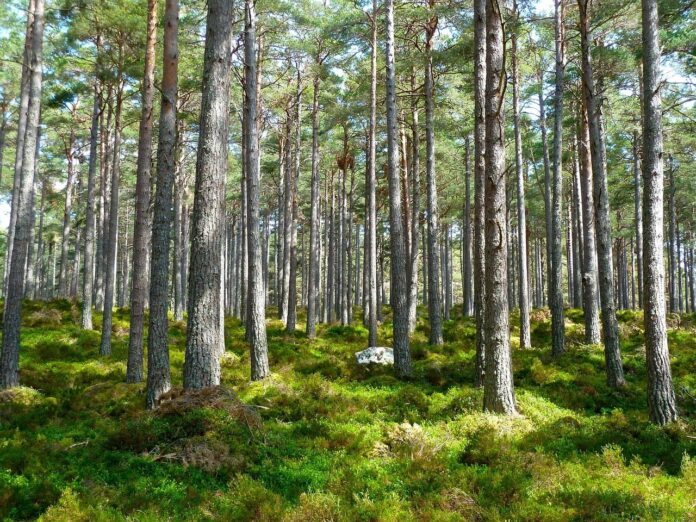The Earth’s climate is an intricate system influenced by various factors, both natural and anthropogenic. Over the past century, the global temperature has risen at an unprecedented rate, with scientific consensus pointing to human activity as the primary driver of this change. This article delves into the role of human behavior in exacerbating global warming trends, examining how our actions contribute to climate change, the impact of lifestyle choices, and the behavioral changes necessary to mitigate our environmental footprint. We will also explore the cumulative effect of individual actions on the environment, emphasizing the urgency of collective responsibility in addressing this global challenge.
Igniting the Issue: Understanding How Human Actions Contribute to Climate Change
Human activities have significantly altered the Earth’s atmosphere since the Industrial Revolution. The burning of fossil fuels such as coal, oil, and natural gas for energy and transportation is the most significant contributor to greenhouse gas emissions, which trap heat in the atmosphere and lead to global warming. According to the Intergovernmental Panel on Climate Change (IPCC), CO2 emissions from fossil fuel combustion and industrial processes contributed about 78% of the total greenhouse gas emission increase from 1970 to 2010.
Deforestation is another critical factor, as trees absorb CO2, and their removal exacerbates the concentration of greenhouse gases. Agriculture also plays a role, with livestock production and rice paddies releasing methane, a potent greenhouse gas. Moreover, industrial processes and waste management contribute to the release of other greenhouse gases, such as nitrous oxide and fluorinated gases.
Fanning the Flames: The Impact of Lifestyle Choices on Global Warming
Our daily choices, from the food we eat to the mode of transportation we use, have a significant impact on the environment. The carbon footprint of meat consumption is notably high, with the livestock sector accounting for approximately 14.5% of global greenhouse gas emissions, as per the Food and Agriculture Organization (FAO). The energy consumption of our homes, driven by heating, cooling, and electricity use, also adds to our individual carbon footprints.
Transportation is another major contributor, with personal vehicles and air travel accounting for a substantial portion of CO2 emissions. The fashion industry is not exempt either, as it is responsible for an estimated 10% of global carbon emissions, according to the United Nations Environment Programme (UNEP). These lifestyle choices, multiplied by billions of individuals, significantly exacerbate global warming trends.
Dousing the Blaze: Behavioral Changes That Can Mitigate Climate Impact
To combat global warming, significant behavioral changes are necessary. Reducing energy consumption through energy-efficient appliances, better insulation, and a shift to renewable energy sources can lower greenhouse gas emissions. Adopting a plant-based diet or reducing meat consumption can also have a profound impact, as it decreases the demand for livestock production.
Choosing public transportation, carpooling, biking, or walking over driving alone can reduce transportation emissions. Furthermore, supporting sustainable fashion, reducing waste, and recycling can minimize the environmental impact of our consumption habits. These changes, while seemingly small on an individual level, can collectively lead to substantial reductions in greenhouse gas emissions.
From Spark to Inferno: The Cumulative Effect of Individual Actions on the Environment
The cumulative effect of individual actions can either accelerate or slow down global warming trends. A study by the Carbon Disclosure Project (CDP) found that if every individual on Earth lived like a resident of the United States, we would need the equivalent of five Earths to provide the necessary resources. This highlights the unsustainable nature of current consumption patterns.
Conversely, collective action can lead to significant environmental benefits. For instance, if every American reduced their meat consumption by a quarter and substituted plant proteins, it could lead to a reduction of 82 million metric tons of greenhouse gas emissions annually, as per a study by the University of Michigan and Tulane University. When individuals adopt sustainable behaviors, they not only reduce their own carbon footprint but also influence others, creating a ripple effect that can lead to broader societal change.
The role of human behavior in global warming trends is undeniable. Our actions have ignited and fanned the flames of climate change, but they also hold the power to douse the blaze. By understanding the impact of our lifestyle choices and committing to behavioral changes, we can mitigate our contribution to global warming. The cumulative effect of individual actions is significant, and when harnessed for good, it can help steer us towards a more sustainable future. It is time for each of us to take responsibility for our role in this global issue and act to protect our planet for future generations.
